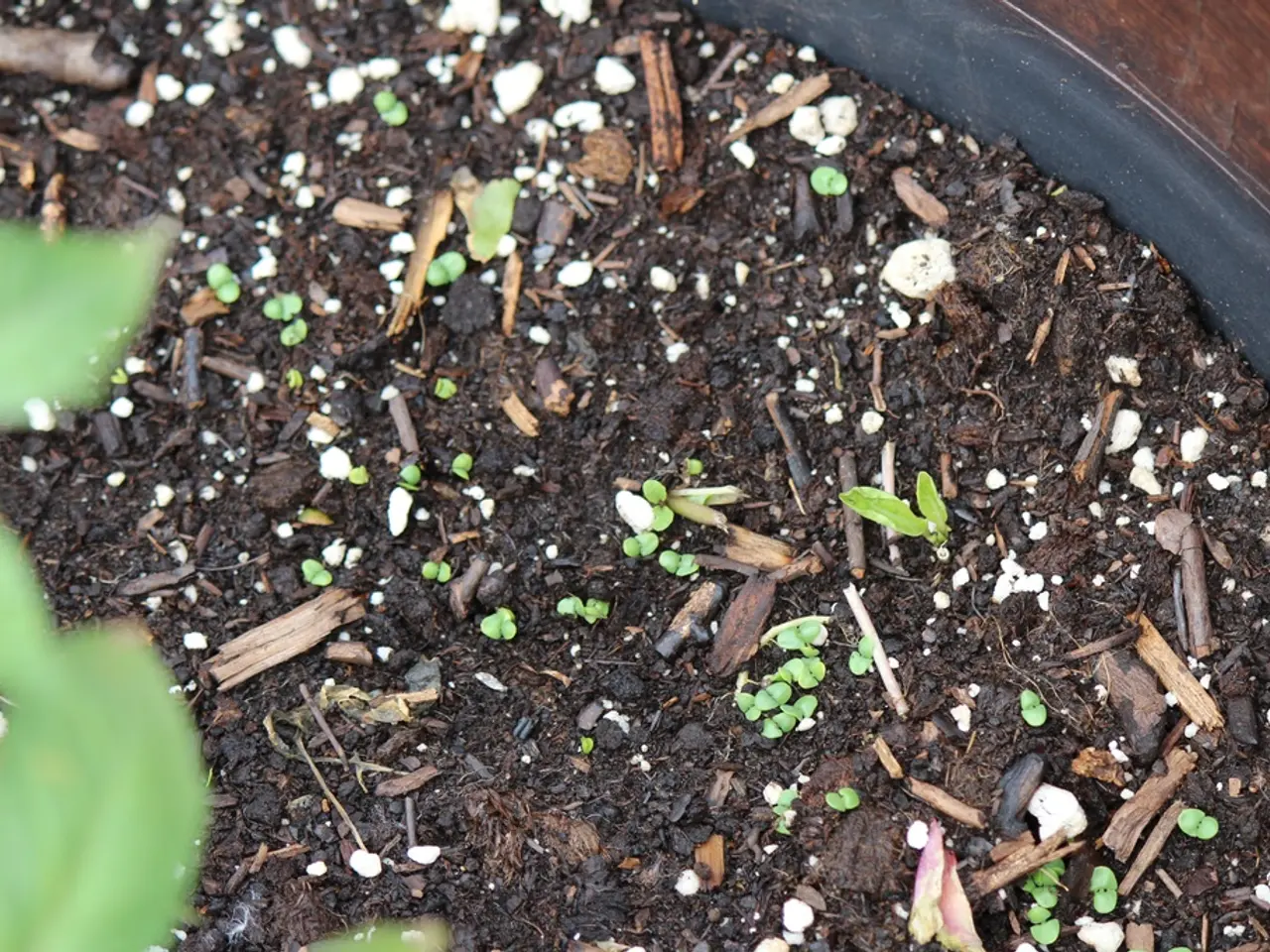Beneath your feet lies a complex, active world: the soil. Despite its seemingly uncomplicated nature, soil is far from simple.
In the world of agriculture, a shift towards a more natural approach is gaining momentum. By fostering soil biology and incorporating organic matter, gardeners and farmers can create a nutrient-rich environment that supports robust, resilient plant growth.
Did you know that protozoa supply as much as three quarters of plants' nitrogen requirements? Or that fungi help aerate soil, move nutrients, and assist plants in unlocking minerals, especially phosphorus? These microscopic allies play a crucial role in maintaining soil health and fertility.
Adopting practices like avoiding synthetic chemicals, minimizing cultivation, and adding organic matter to the surface can lead to a healthier soil population and more vibrant plants. Regular use of synthetic chemicals can irritate or destroy many soil inhabitants, including earthworms, nematodes, bacteria, and arthropods.
Earthworms, for instance, make casts with up to 50% higher organic matter than surrounding soil, making nutrients more available to plants, opening up compacted soils, and increasing soils' water-holding capacity. Nematodes help mineralise nitrogen and consume organisms below them in the chain. Arthropods shred organic matter such as leaves, speeding their decomposition, while gastropods convert organic waste to a more decomposed form and help bind soil particles together.
Promoting soil biology and the use of organic matter benefits soil fertility and plant growth by improving nutrient availability, enhancing soil structure, increasing water retention, and supporting beneficial microbial communities that stimulate plant health and resilience.
Key benefits include enhanced nutrient cycling and availability, improved soil structure and aeration, increased water retention, stimulation of beneficial microbes, faster root and plant development, long-term soil health restoration, and fostering a more diverse and thriving soil ecosystem.
However, it's essential to choose the right organic matter for your soil type. For heavy soils, horse manure is more suitable, while cow manure is more suitable for lighter soils. Black and crumbly green waste compost, as well as mushroom compost, are often available at reasonable prices but are not rich in nutrients. Bought-in compost or manure can be used to supplement home-made compost.
Soil can be considered as a living organism that respires and is full of life. Not digging soil can reduce the need for chemical assistance to keep diseases at bay. Plants that are well adapted to your type of soil, location, and climate require less chemical assistance.
For more information about soil's food chain, visit www.soilfoodweb.com. By embracing organic matter and soil biology, we can cultivate a healthier, more sustainable, and more resilient garden or farm.
- Incorporating organic matter into gardens can foster a diverse soil ecosystem, encouraging the growth of beneficial organisms such as earthworms, nematodes, and fungi that contribute to nutrient cycling, soil aeration, and improved plant health.
- A shift towards a more natural approach in gardening and farming, including the use of organic matter and promoting soil biology, can lead to a more vibrant landscape by enhancing soil nutrient availability, structure, and water retention, and fostering a thriving home-and-garden ecosystem.
- To achieve a sustainable lifestyle while maintaining a healthy garden or farm, it's crucial to understand the soil's food chain and consider the right organic matter for your soil type. For instance, heavy soils may benefit from horse manure, while lighter soils might thrive with cow manure.





